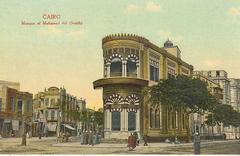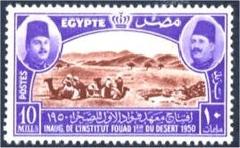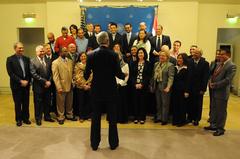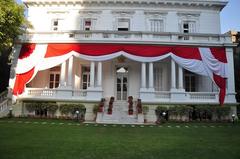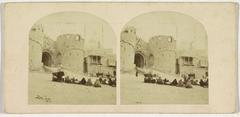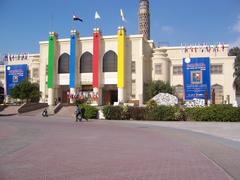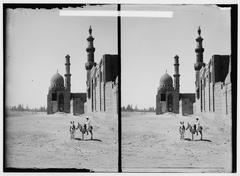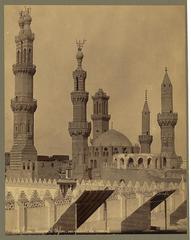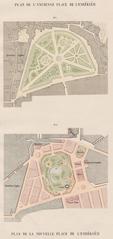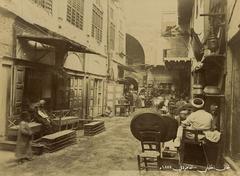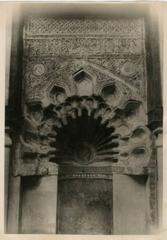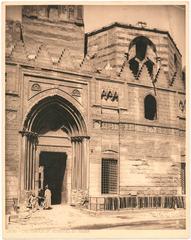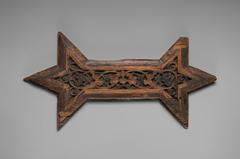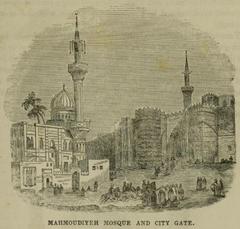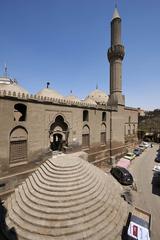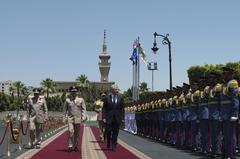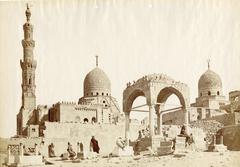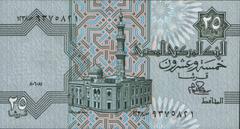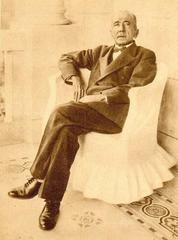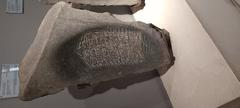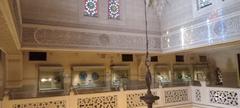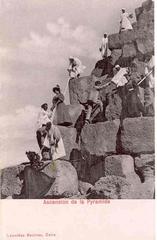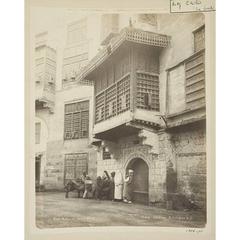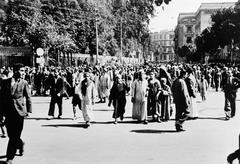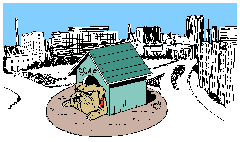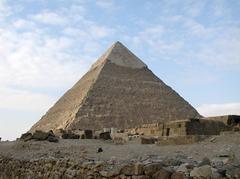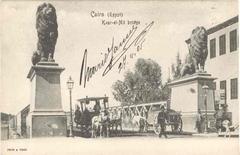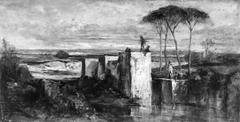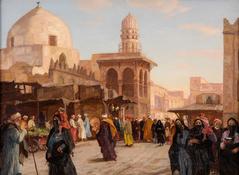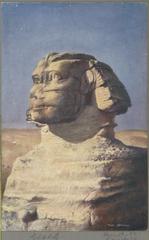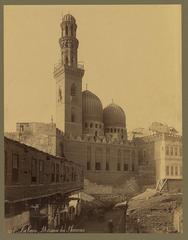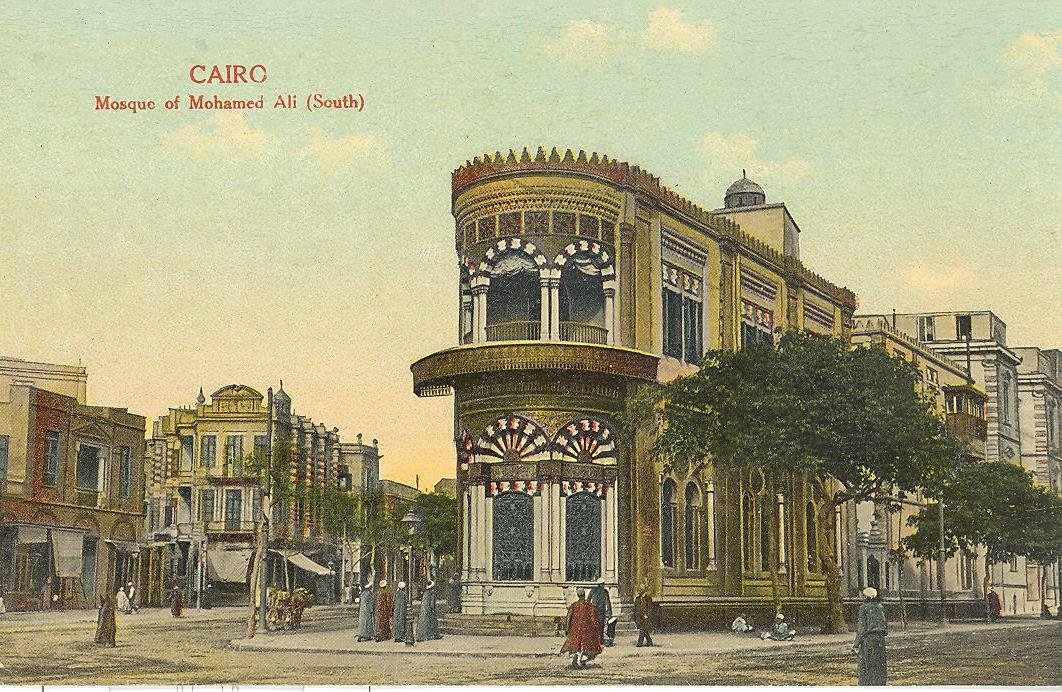
Comprehensive Guide to Visiting قلعة صلاح الدين, Cairo, Egypt
Date: 17/07/2024
Introduction
قلعة صلاح الدين, also known as the Citadel of Saladin or the Cairo Citadel, is a monumental fortress that stands as a testament to Egypt’s rich history and architectural prowess. Commissioned by the famous Ayyubid ruler Salah ad-Din (Saladin) in 1176 CE, this iconic landmark was originally built to defend Cairo from potential Crusader attacks. Positioned on the strategic Mokattam Hill, the Citadel offers commanding views of Cairo and the Nile River, making it a crucial military and administrative center throughout the centuries.
Over the years, قلعة صلاح الدين has undergone numerous transformations, reflecting the diverse cultural influences that have shaped Cairo. From the Mamluk period’s Qasr al-Ablaq palace complex to the Ottoman-era Mosque of Muhammad Ali, the Citadel is a melting pot of architectural styles and historical narratives. Today, it is one of Cairo’s most visited tourist attractions and a UNESCO World Heritage Site, drawing visitors from around the globe who seek to immerse themselves in its rich heritage.
This comprehensive guide aims to provide you with all the information you need to plan your visit to قلعة صلاح الدين. Whether you’re interested in its historical significance, visitor logistics like ticket prices and visiting hours, or nearby attractions, this guide has got you covered. Additionally, we’ll offer travel tips, highlight special features such as guided tours and photographic spots, and answer frequently asked questions to ensure you make the most out of your visit.
For more detailed information, you can visit the UNESCO World Heritage Centre and the Egyptian Ministry of Tourism and Antiquities.
Table of Contents
- Introduction
- History of the Citadel of Saladin
- Visitor Information
- Travel Tips
- Nearby Attractions
- Special Features
- FAQ
- Conclusion
History of the Citadel of Saladin
Foundation and Early Construction
قلعة صلاح الدين was commissioned by the Ayyubid ruler Salah ad-Din (Saladin) in 1176 CE to fortify Cairo against potential Crusader attacks. Built on the Mokattam Hill, it provides a commanding view of the city and the Nile River. The initial construction involved massive walls and towers made from limestone quarried from the nearby Muqattam hills, designed to serve as a military garrison, a royal residence, and a center of administration.
Expansion and Enhancements
Following Saladin’s death in 1193, his successors continued to expand the Citadel. Sultan al-Kamil added the Al-Kamil Mosque, and during the Mamluk period, the Qasr al-Ablaq palace complex was built by Sultan al-Nasir Muhammad. The Citadel saw further enhancements over the centuries, reflecting the diverse cultural influences that shaped Cairo.
Ottoman Era and Modernization
The Ottoman conquest of Egypt in 1517 brought significant changes to قلعة صلاح الدين. One of the most notable additions was the Mosque of Muhammad Ali, commissioned by Muhammad Ali Pasha in the early 19th century. Designed by Turkish architect Yusuf Bushnak, the mosque is a prominent landmark featuring a large central dome and intricate interior decorations.
British Occupation and Restoration Efforts
During the British occupation in the late 19th and early 20th centuries, the Citadel was used as a military base, leading to several structural modifications. In the mid-20th century, restoration projects were initiated to preserve the Citadel’s historical and architectural heritage.
Historical Significance and Legacy
Today, قلعة صلاح الدين is a UNESCO World Heritage Site and one of Cairo’s most popular tourist attractions. It houses several museums, including the Military Museum and the Police Museum, and its structures, like the Mosque of Muhammad Ali and the Qasr al-Ablaq, attract numerous visitors.
Visitor Information
Visiting Hours
The Citadel is open daily from 9:00 AM to 5:00 PM. However, visiting hours may vary during Ramadan and national holidays.
Ticket Prices
Tickets can be purchased at the entrance:
- Adults: EGP 180
- Students: EGP 90
- Children under 6: Free
Accessibility
The Citadel is partially accessible to visitors with mobility issues. Some areas, particularly those with steep inclines and steps, may be challenging. It’s advisable to check accessibility options in advance.
Travel Tips
Best Times to Visit
The best time to visit the Citadel is during the cooler months from November to March. Early mornings and late afternoons offer a more comfortable experience and better lighting for photography.
How to Get There
The Citadel is located in the heart of Cairo. Taxis and ride-hailing services like Uber and Careem are convenient options. Public buses also serve the area, but they may be crowded.
Nearby Attractions
Other Historical Sites in Cairo
- The Egyptian Museum - Home to an extensive collection of ancient Egyptian artifacts (Egyptian Museum).
- Khan el-Khalili - A bustling bazaar offering a glimpse into Cairo’s vibrant market culture (Khan el-Khalili).
- Al-Azhar Mosque - One of the oldest mosques and universities in the world (Al-Azhar Mosque).
Special Features
Special Events
The Citadel hosts various cultural and historical events throughout the year. Check the official website for a calendar of events.
Guided Tours
Guided tours are available and highly recommended. They provide detailed insights into the history and architecture of the Citadel.
Photographic Spots
Popular spots for photography include the panoramic views from the Mokattam Hill, the intricate details of the Mosque of Muhammad Ali, and the historic walls and towers.
FAQ
What are the Citadel of Saladin’s visiting hours?
The Citadel is open daily from 9:00 AM to 5:00 PM. Hours may vary during Ramadan and national holidays.
How much are the tickets to visit the Citadel?
Tickets are EGP 180 for adults, EGP 90 for students, and free for children under 6.
Is the Citadel accessible for visitors with mobility issues?
The Citadel is partially accessible. Some areas may be challenging due to steep inclines and steps. Check accessibility options in advance.
Conclusion
The Citadel of Saladin is a must-visit historical site in Cairo, offering a blend of military, architectural, and cultural history. Plan your visit to explore this iconic landmark and immerse yourself in the rich heritage of Egypt. For more detailed information, visit the UNESCO World Heritage Centre and the Egyptian Ministry of Tourism and Antiquities.
Don’t forget to download our mobile app Audiala for more travel tips and updates. Follow us on social media for the latest news and events.
References
- UNESCO World Heritage Centre, n.d., https://whc.unesco.org/en/list/89/
- Egyptian Ministry of Tourism and Antiquities, n.d., https://egymonuments.gov.eg/
- Egypt Travel, n.d., Mosque of Muhammad Ali
- Egypt Travel, n.d., National Military Museum
- Egypt Travel, n.d., Gawhara Palace
- Egypt Travel, n.d., Police Museum
- Egypt Travel, n.d., Southern Enclosure
- Egypt Travel, n.d., Northern Enclosure
- Egypt Travel, n.d., Citadel Walls
- Egypt Travel, n.d., Well of Joseph
- Egypt Travel, n.d., Citadel of Saladin
